Preparing To Take Antibiotics
Share the post
Share this link via
Or copy link

Source: Tashi-Delek / Getty
When we don’t feel well—like really don’t feel well for too long—we want a fix NOW. That’s why so many of us may pressure our doctors to put us on antibiotics. When treating an infection through natural remedies is just taking too long, we can crave something that will just knock the infection right out of us. We want that prescription-strength stuff, that the virus won’t stand a chance against. But, antibiotics are rough on our bodies. Very rough. They destroy bacteria in the body, which is how they kill a bacterial infection, but in doing so, they also destroy many of the beneficial bacteria your body needs to thrive. Antibiotics are serious stuff, and shouldn’t be treated as casually as you may treat over-the-counter medications. Each time you want to take antibiotics or are prescribed some, know you’re putting your body through a lot. Here are things to know before taking antibiotics.
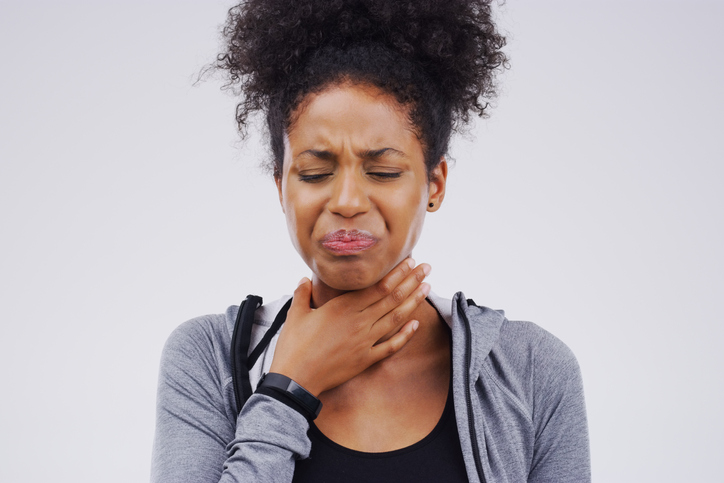
Source: PeopleImages / Getty
Love MadameNoire? Get more! Join the MadameNoire Newsletter
We care about your data. See our privacy policy.
Know your allergies
First off, know your allergies. Common antibiotics like Dicloxacillin, Oxacillin., Nafcillin, Amoxicillin, and Ampicillin are part of the penicillin family. If you’re allergic to penicillin, taking these could cause severe reactions such as wheezing, vomiting, swelling of the face and tongue, and other terrifying symptoms.

Source: mikroman6 / Getty
They can hijack your period
Antibiotics can cause hormonal fluctuations that make your period very short while you’re taking them. Your period may not come at all. So before you start panicking over a late period, know it may be the drugs.
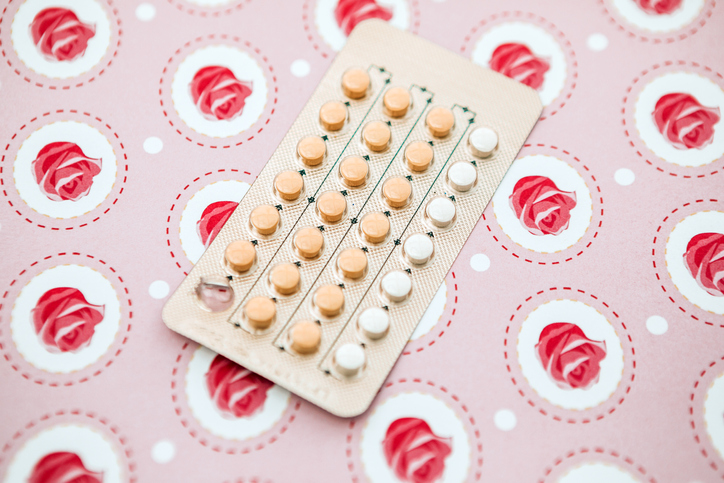
Source: Carol Yepes / Getty
They can weaken your birth control
Antibiotics can also lessen the strength of your birth control. If you are on the pill but also taking antibiotics, use a backup form of birth control like condoms or diaphragms until you’re done taking your medication.
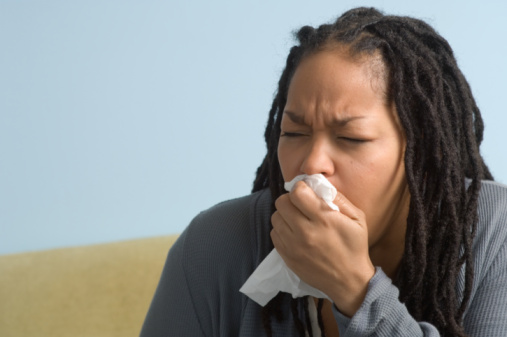
Source: Michael Krasowitz / Getty
Contagion ends after 24 hours of use
Here’s some good news: you are no longer contagious after taking your antibiotic for 24 hours. So, if you have a bacterial infection and a visit planned to someone with a weak immune system, like a grandparent or a baby, you’re in the clear if you’ve been on your antibiotics for 24 hours.
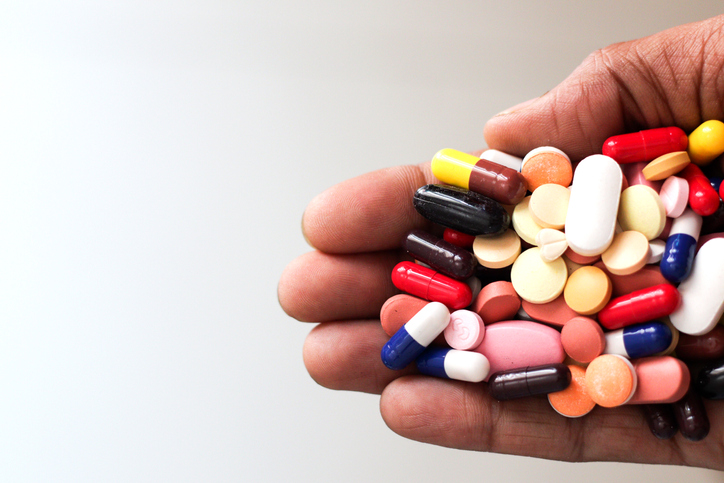
Source: Anindam Ghosh / EyeEm / Getty
Magnesium may get in the way
If you take a magnesium supplement, know that this may reduce the effectiveness of your antibiotic. Skip this supplement until your course is complete.
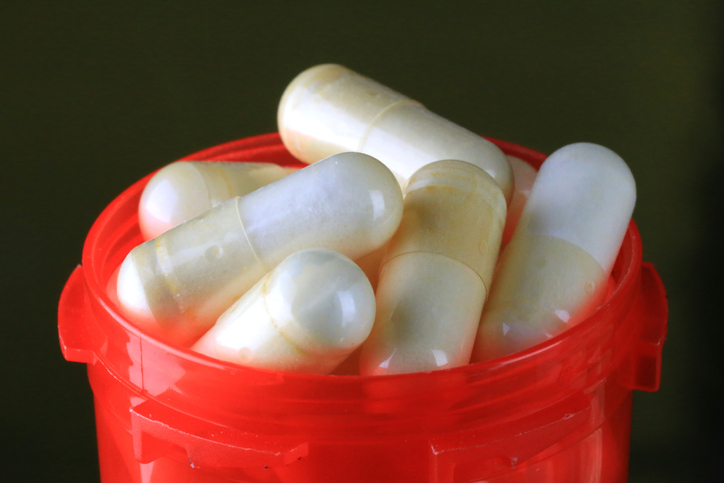
Source: Douglas Sacha / Getty
Take probiotics after
While it is important to take probiotics after you take antibiotics, you should take them after. Some say you can take them a few hours after taking your antibiotics, but during treatment. However, you play a game of chance there. If you don’t wait just the right amount of time, your antibiotics may just kill off the probiotics. It’s best to just start probiotics as soon as you’re completely done with your antibiotics.

Source: Douglas Sacha / Getty
Prepare for constipation
So, you’re not allowed to take probiotics right now and you can’t take magnesium—which can promote healthy bowel movements. All of that, plus the fact that antibiotics can cause constipation means one thing: you may be pretty backed up. So drink plenty of water and gets tons of fiber.

Source: PeopleImages / Getty
Don’t eat them on an empty stomach
Your pharmacist will tell you this and it will be clearly written on the bottle but I’ll state it again. Do not take your antibiotics on an empty stomach. It’s really rough on your stomach.

Source: LaylaBird / Getty
Really. Don’t.
But, really, have a substantial meal before taking antibiotics. You can’t just get away with eating a piece of bread and taking them. Your stomach should be thoroughly coated in advance if you want to avoid debilitating nausea.

Source: Adrian Seliga / EyeEm / Getty
You really shouldn’t drink
It really all depends on which antibiotics you’re taking, where you are in your course, and how much you drink, but…just don’t drink on antibiotics. You run the risk of reducing their effectiveness, meaning you stay sick longer.

Source: PeopleImages / Getty
And even if you can, why would you?
Even if a doctor tells you that you can have a drink or two on antibiotics, why would you? Aren’t you sick? If your body is fighting a bacterial infection, it needs all the help it can get—and immunity-suppressing alcohol won’t help.
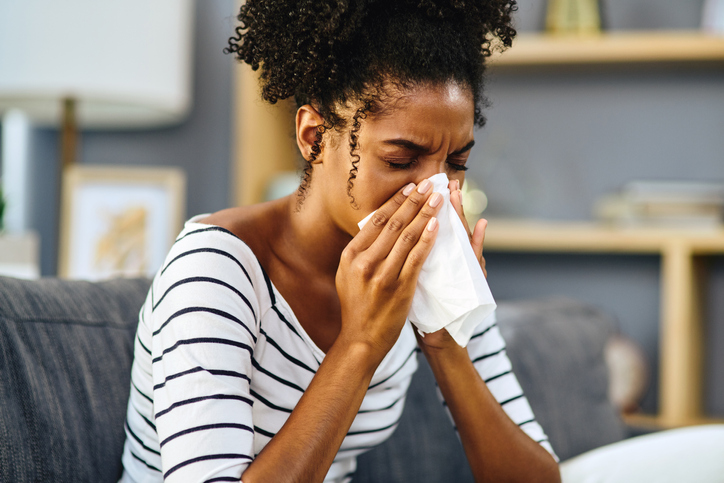
Source: katleho Seisa / Getty
Make sure you need them
It should be known that antibiotics only work for bacterial infections. That means not viral and not fungal. You don’t need antibiotics for the flu or cold, as those are viral infections. You do need them for strep throat, as that is bacterial. Now, infections like pneumonia and sinus infections can be viral or bacterial. Your doctor will have to determine which is true in your case.
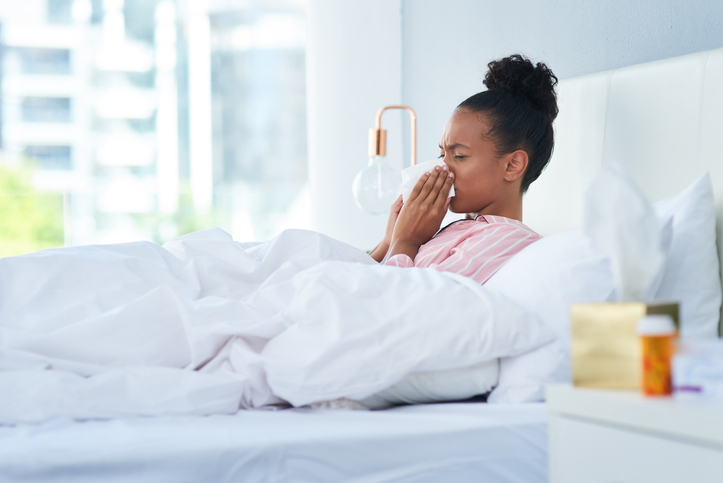
Source: PeopleImages / Getty
Here’s why you shouldn’t over-take them
When you take antibiotics, your body may build up a bacterial resistance, making it less able to fight off future infections on its own. Essentially, your use of powerful antibiotics robs your body of some of its natural infection-fighting powers.
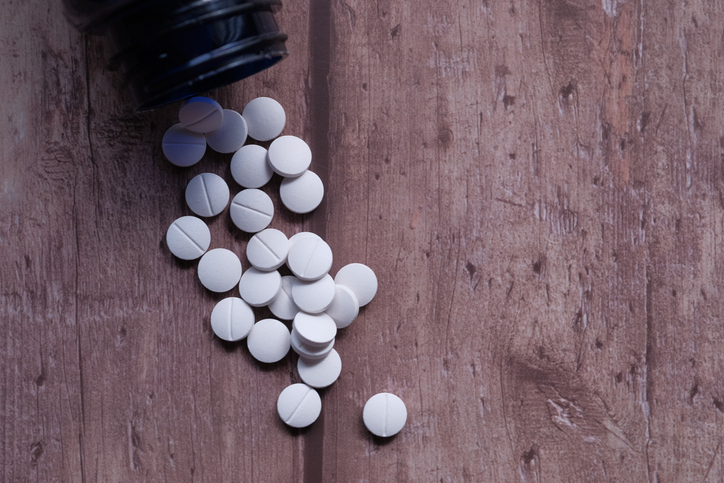
Source: Towfiqu Photography / Getty
Finish the course
Even if you are feeling better, finish the full course of antibiotics. Failure to do so could cause your symptoms to come back, and then you may need to start a new course, which you now know is very rough on your body.
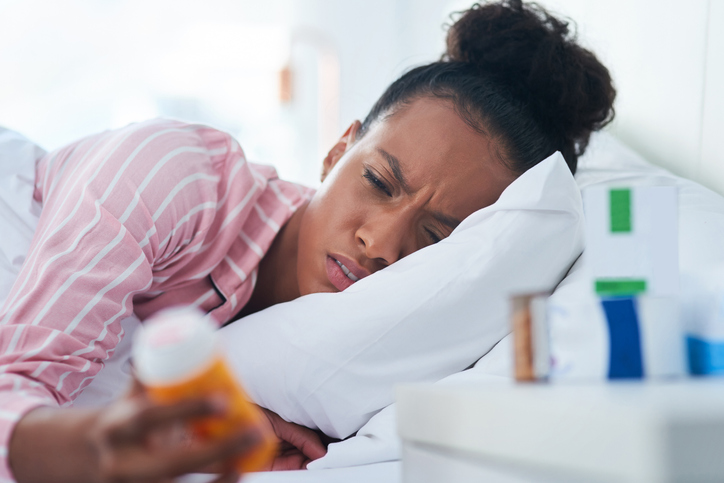
Source: PeopleImages / Getty
But don’t double up if you miss one
If you miss one pill, do not double up on the next dosage. This increases the chances of the side effects, which can be quite uncomfortable.




